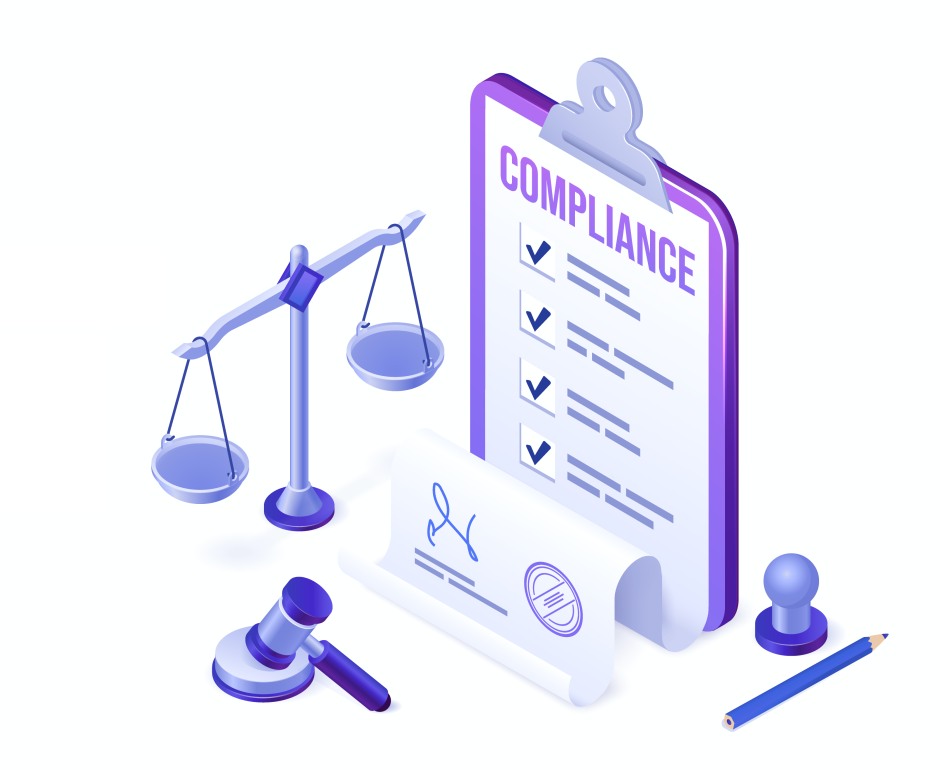Hello!
Opening a business this year?
 A recent survey given to entrepreneurs says six percent believe now is the time to start a new adventure.
A recent survey given to entrepreneurs says six percent believe now is the time to start a new adventure.
Don’t let that percentage fool you; the upcoming months will be vital in developing new businesses this year.
Starting a new business can be stressful, but getting a head start now will make a difference in the long run.
Below is a comprehensive guide designed to assist entrepreneurs with creating and preparing their new business ventures.
8 Important Business/Startup Checklist Points
1. Come up a Business Idea
 Every entrepreneur wants to be the creator of the next big product or service. Industry leaders are in top positions typically because they bring something new or unique to the industry. They provided something that no one else could and grew to become a national or dominant service.
Every entrepreneur wants to be the creator of the next big product or service. Industry leaders are in top positions typically because they bring something new or unique to the industry. They provided something that no one else could and grew to become a national or dominant service.
Nearly everyone at some point in their life considers becoming a business owner—but only a few are successful; those that are successful are so because they had a valid, niche, needed business idea.
Only a handful of entrepreneurs will have a polished and finished business model in mind. Creating a good business idea for the rest of us will be the most challenging part of the experience.
2. Create a Business Plan
 Business plans are more than “plug and play” documents; a business plan can drastically affect the products and revenues an owner can receive on their goods.
Business plans are more than “plug and play” documents; a business plan can drastically affect the products and revenues an owner can receive on their goods.
They often include emergency information, how to attract investors, developmental strategies, and business forecasts.
Making Contingency Plans are some of the most valuable investments entrepreneurs can make; they save the owner money and hopefully can dig them out of a bad situation.
3. Do Market Research
High-quality market research is essential for every startup. For example, without market research, there’s no way to tell if a business idea is worth the risk. A prospective entrepreneur would need to research demand, general price levels, and the most prominent players in the industry. Researching competitors will also give you an idea of how they run things—this can give you room to improve; these documents are sometimes called market surveys. Market surveys also include forecasts of revenue, growth, and potential.
Market research doesn’t stop there; in fact, it never stops. As you break into the industry, you must be flexible enough to explore the wishes and demands of your clients. The exploration of these topics is what pushes a business from small to high demand. Every entrepreneur can search out this information themselves, but many find asking professionals to do it a time-saver.
 Experts can also provide additional services that any startup can benefit from:
Experts can also provide additional services that any startup can benefit from:
- SEO research and content: no startup can survive without the internet. SEO (search engine optimization) makes it possible for small businesses to appear higher in search engine results. It draws customers to active brands.
- Responsive customer data: startups that don’t pay attention to their customer data are in for a rough road. Customer data is factual information derived from your past and competitors’ business. It informs the entrepreneur of changes in the client base; changes can be the deciding factor for more business or the lack of it.
- Audience response to marketing: entrepreneurs who choose their marketing styles should consider this. Audience responses come in more than purchases—social media is a powerful tool but can also be a bludgeon. The only way to assess if you are on the right track is by looking at the data.
4. Get Financing
Financing is, arguably, the most critical aspect of any business, but this is particularly true for startups. Business owners can learn on the fly but jumping headfirst into dark water isn’t liable to end well. In the worst of situations, families can be collaterally damaged by a poor investment. New entrepreneurs should always check the legitimacy of their investors by searching past personal records and any signs of impending bankruptcy.
Financing is more than just the first down payment on an operation’s location. It also involves knowing your market, revenues, losses, and other important figures.
 Adequately understanding the financing of your business means being able to:
Adequately understanding the financing of your business means being able to:
- Calculate investment costs: buildings, facilities, land, equipment, machines, software, supplies, and furniture. There are also training costs, and the wonderful “margin of error” losses, a resulting byproduct of beginning trainees.
- Calculate fixed costs: recurring payments (i.e., property or equipment rentals), wages of staff (and you). It’s also important to consider cost forecasts for your industry if it requires traveling materials (i.e., lumber, plastics, glass).
- Calculate other costs: marketing, permits, licenses, travel, insurance, sales, and allowances for all of it—all rack up money. Knowing your finances like a professional will make the entire experience less stressful but successful.
5. Be Digital
Going digital is the best choice for every new business venture. Not only does a quarter of all commerce happen online—but more small businesses are being seen daily. Online platforms also allow business owners to promote their branding exactly how they want to.
Going digital is key to thriving in modernity, but doing it wrong can spell disaster. A poorly worded joke can isolate potential customers, while a tasteless advertisement is often the last nail in the coffin. Part of going digital is ensuring that your marketing is on point and your website is user-friendly. Professionals can make this entire process easier from start to finish.
 They can:
They can:
- Polish and publish your website: a bad website means a bad user experience. Avoid user frustration by ensuring your website works well on all devices and all aspects work as intended. Conscious brand messaging is also important for products looking to become lifestyle brands.
- Provide a secure eCommerce experience: the public chooses products from Amazon for two reasons, (1) everything is in one place, and (2) they know it’s secure. Going digital means business owners sometimes face cyber attacks; putting in a cybersecurity team before this happens is a good idea.
6. Choose the Right Staff
As an entrepreneur, you will offer the best product and services; choosing the right staff behind you is a significant part of success in any business. When hiring people, there are many elements to consider, but every additional team member can bring new insight. Ultimately, you can choose whoever you want for a position—but make sure to stay per legal guidelines.
 Consider these questions before hiring a prospective employee:
Consider these questions before hiring a prospective employee:
- What unique insight could they provide from within if their experience doesn’t align with the role? The same experience may limit growth.
- Do their wages equate to quality or quantity—and do they know the difference? This is a question every entrepreneur will need to ask themselves eventually.
- Are you willing to go to bat for them? Most small businesses are retail—if there was an altercation, would you back your hire?
7. Cover All Legal Aspects
The legal aspects of your startup are vital; some states have significant consequences for failing to meet the legal requirements of an industry. Licenses, permits, patents, and insurance are all pieces of the larger business puzzle. Legal topics depend on a person’s industry—as state and federal laws may affect a business.
 Then there are also all the other pieces of paperwork that go into a small business:
Then there are also all the other pieces of paperwork that go into a small business:
- Contracts for production: what happens when you get that thousand-case order? Many large businesses will only go in on a deal if you can offer them protection from a falling out. Attorneys are good for this sort of work.
- Billing and accounting aren’t typically legal aspects; it’s more finance. However, employee contracts, wages, benefits, and labor laws are all legal aspects challenging to learn for the laity.
- Taxes and auditing: we all know how it goes, “the only thing certain in life is death and taxes.” Getting involved with the IRS is on no one’s To-Do list. New entrepreneurs can avoid the IRS hug of death by getting attorneys who specialize in taxes (and who will keep you on track).
8. Focus on Marketing
 Small business marketing is as important as the products and services you provide. Marketing must be professional, impactful, well thought out, and timeless.
Small business marketing is as important as the products and services you provide. Marketing must be professional, impactful, well thought out, and timeless.
It may be difficult for a typical entrepreneur to achieve the polish that expert marketers can, but you can try; business owners may find success adopting eclectic or niche branding—but usually at the cost of a wider audience.
The right marketing can make your business a household name, an industry standard, or a professional haven. Whether hiring professionals or doing it yourself, give it a significant effort.
Also read:
Implement our Checklist for Entrepreneurs by Getting Help from Professionals
Entrepreneurs are commonly considered pillars in their community; leaders and models cause others to strive to follow for their success and values. However, people rarely discuss the key to getting into that position and reputation. The keystone to being a successful manager, owner, and leader—is putting the right people in the right position. Entrepreneurs, especially new ones, should seek professional help for financing, marketing, legal, and digital needs. Don’t risk your new business by trusting your gut over the facts—professionals are there to help.
Thank you!
Join us on social media!
See you!






